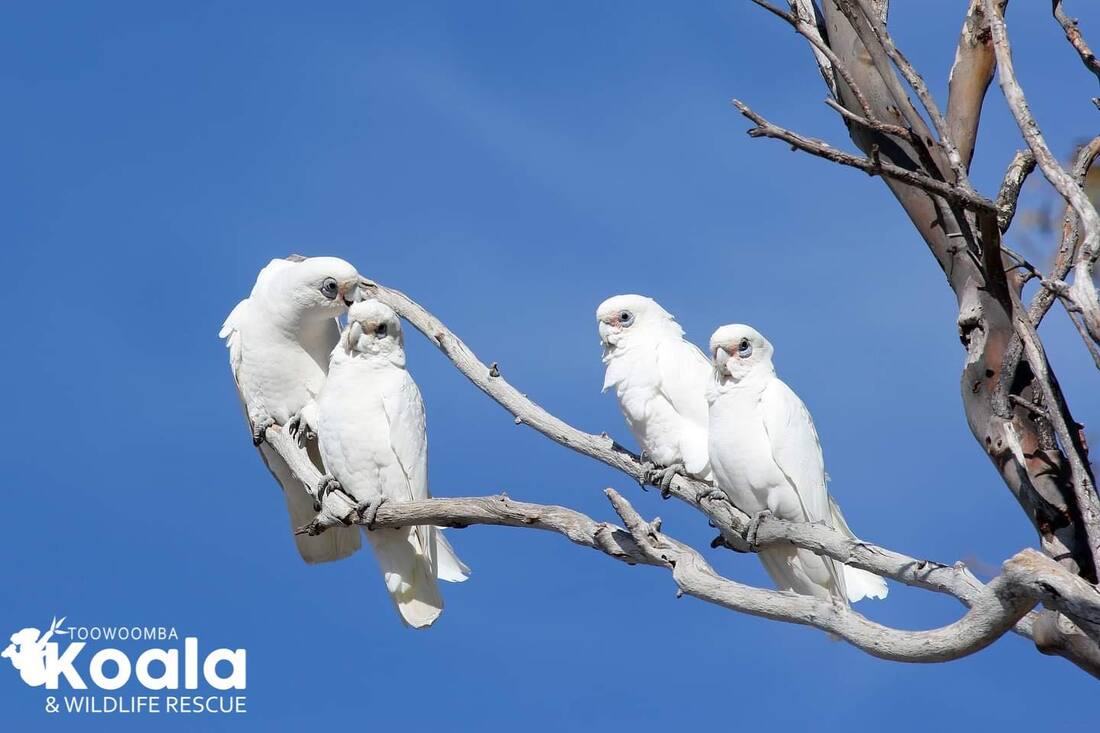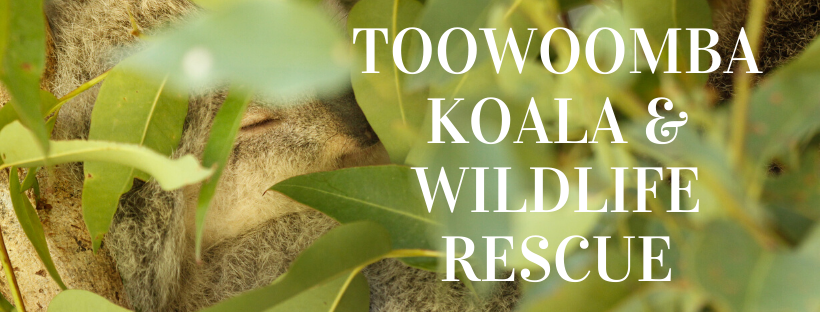|
On Saturday afternoon 6th March 2021 we were notified of mass Little Corella deaths on the road and road sides at Clifton, South East Queensland. A driver was travelling through the region from Brisbane and witnessed what he said were "hundreds of dead birds" all over the sides of the road in one section. Below is an account of our research so far, speaking with three reliable local sources, including two experienced people involved with wildlife rescue and care who live in the region and one long term local resident. SITUATION BACKSTORY: Clifton in South East Queensland (Toowoomba Region Council) is a strong agricultural region known for its crop and grain farming. Recently mass flocks of Little Corellas have made Clifton their home, with thousands of birds coming to feed on local sunflower and sorghum crops and drink from local water drains. This phenomenon has not been recorded in the Clifton region before and it is suspected that the birds have come in from western Queensland to find a reliable food and water source. The influx of birds has been a touchy subject for the town and farmers, as the birds are destroying their crops and therefore their income, this combined with a current mouse plague in the region has caused disaster for their income. The birds have also been witnessed chewing on electrical wires at local businesses and facilities causing extensive damage and some resulting in electrocution. Ergon Energy has attended various cases of power outages in Clifton caused by the birds. Local trees in the town have also been stripped by the birds, causing frustration for residents, making the current situation of trying to preserve the birds and create awareness, quite challenging. Grain transport trucks that cart the grain from nearby farms to storage facilities spill grain onto the roads and the birds have been coming to feed on this grain, along with the crops and grass seeds on the sides of the road. The birds are not moving off the road when cars approach and while some have been hit by accident, it has been reported that many locals have been witnessing vehicles speed up to hit the birds on purpose, taking out mass numbers and leaving injured and suffering birds in their wake. There is no evidence of disease as a cause for this situation. RESEARCH: I made contact with the only registered Wildlife Carer in Clifton to find out more. She had been bought a few injured Corellas over the last few weeks, but had not witnessed the mass deaths that were reported. She immediately did some local research and attended the location on Saturday afternoon 6th March and counted 80 dead birds on the roadsides - all fresh deaths from road trauma. She again attended on the following day and counted another 15 new deaths. Speaking to local residents, they have witnessed drivers who were driving at regular speeds, increase their speed as they approach the birds killing many. They believe that the locals are frustrated with the birds destroying their town and crops and have resorted to retaliating in this cruel way. We understand however, that some birds are accidently hit as the birds fly low across the road and are hard to avoid. Another experienced local wildlife rescue volunteer that I spoke to today said that some of the injured birds she has rescued were not just Little Corellas, but also Sulphur-crested Cockatoos, Galah's and Magpies. All birds were taken to a vets but had to be euthanized due to their extensive injuries. In one trip the wildlife rescue volunteer had to stop three times to collect injured birds in one short section of road. She is kindly checking the area at least three days a week, as are other local residents in their travels. AFFECTS OF POISION FROM MOUSE BAIT The Clifton area, along with the Darling Downs has been largely affected by a severe mouse plague over the last few months. The situation is very hard to control and this has resulted in the use of baiting and also baited crops also baiting on vegetable farms. A local wildlife rescue volunteer has rescued many birds that have suffered the debilitating effects of eating grain poisoned with "mouse off bait". These birds have all been taken to a vets where they have had to have been euthanized. ACTION: Monday 08th March 2021 We had to wait until Monday to make the necessary calls to various departments to try and create some awareness and action. I have also spoken again today with two local residents who are doing what they can to assist with the situation. Thus far, this is what action we have taken to try to help.
WHAT CAN YOU DO IF YOU FIND AN INJURED BIRD IN CLIFTON
Should you come across an injured Little Corella or native bird from road trauma or possible rat-bait in the Clifton Region, we ask that you do what you can to help it. By carrying an old towel and a box in your car or a small pet transport cage, this will help with getting the bird to help easily. Please do not try to care for the bird yourself, it needs to be passed onto either a vet or a registered wildlife carer.
WHAT SHOULD YOU DO IF YOU WITNESS VEHICLES SPEEDING UP TO HIT BIRDS ON PURPOSE AT CLIFTON?
Thank you Judi Gray Toowoomba Koala and Wildlife Rescue
0 Comments
|
AuthorJudi Gray - Toowoomba Koala and Wildlife Rescue Archives
July 2023
Categories
All
|


 RSS Feed
RSS Feed
